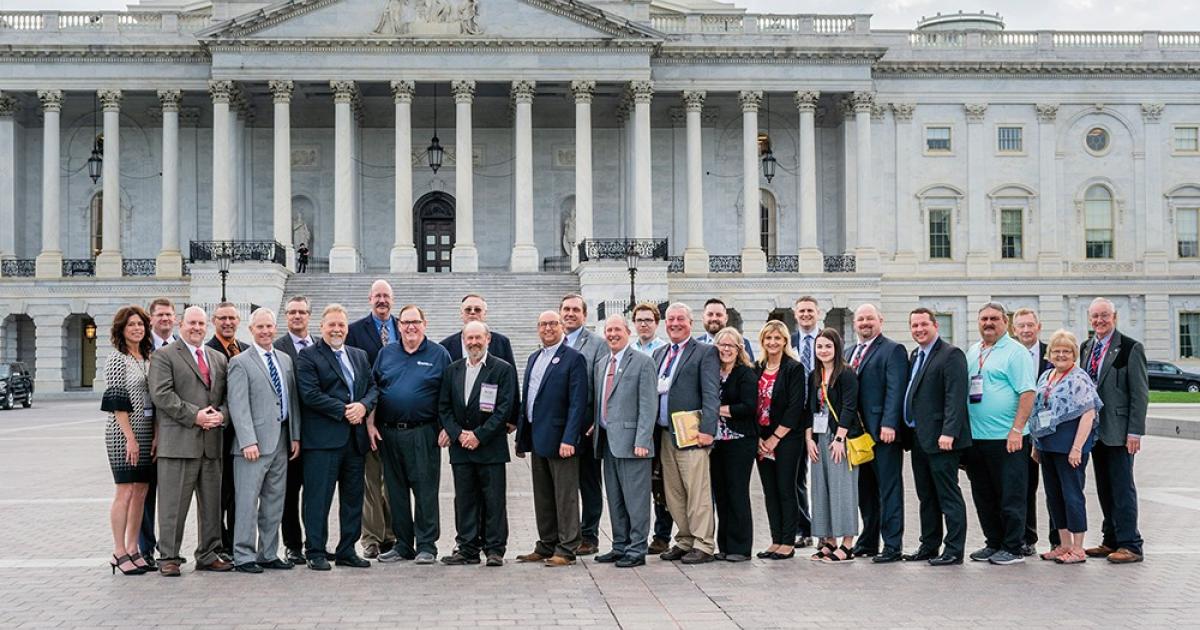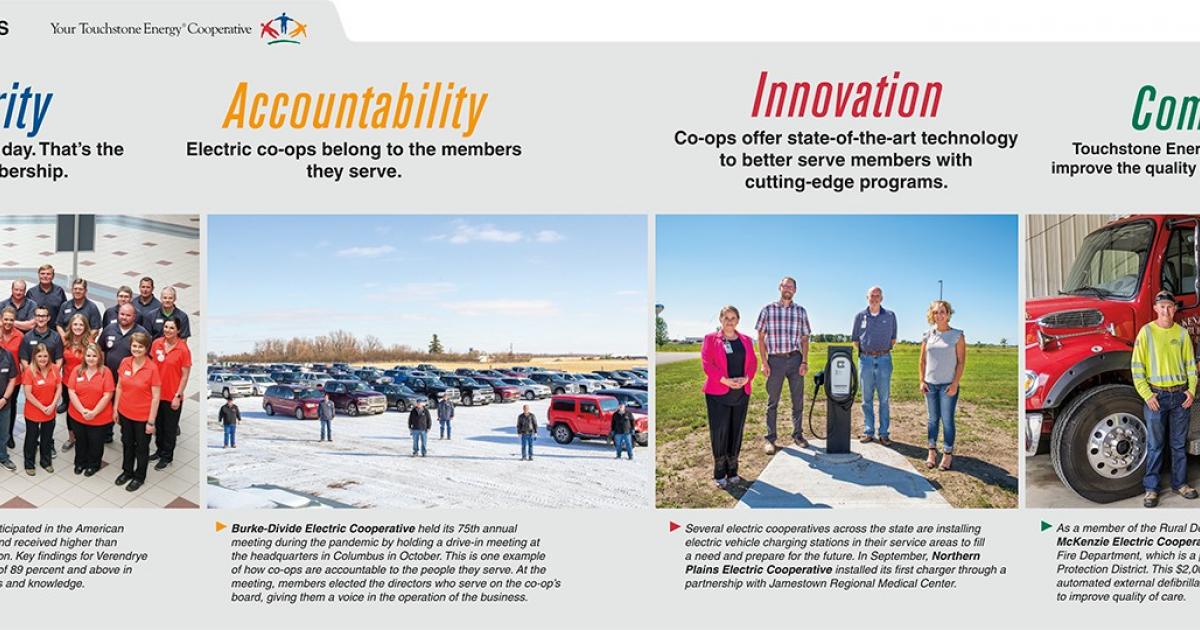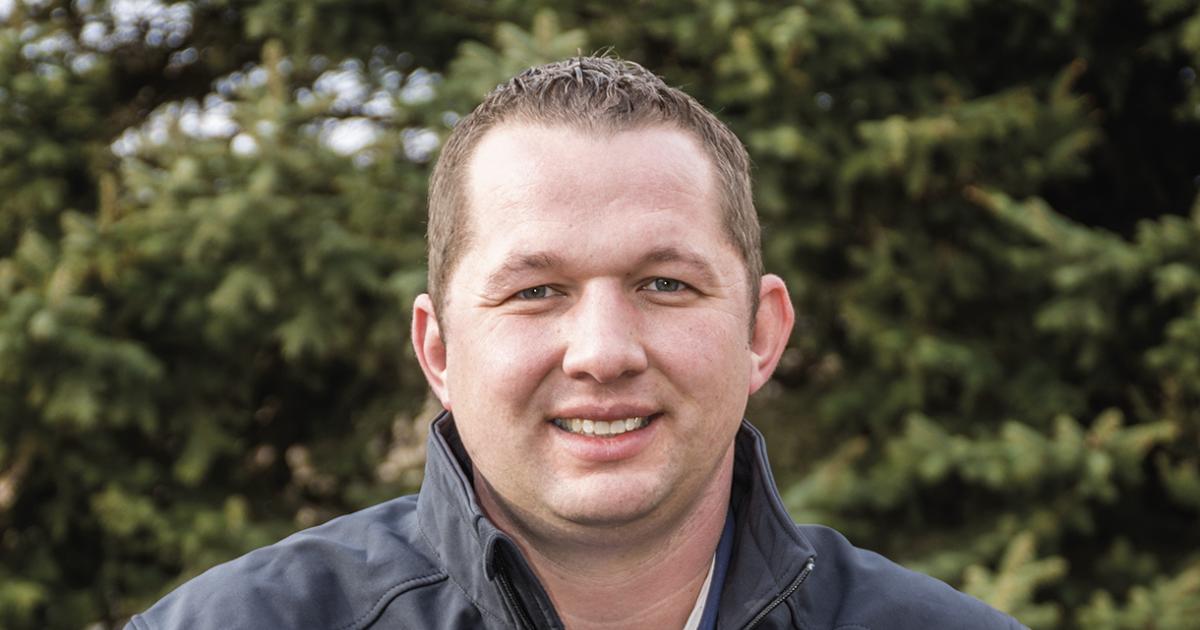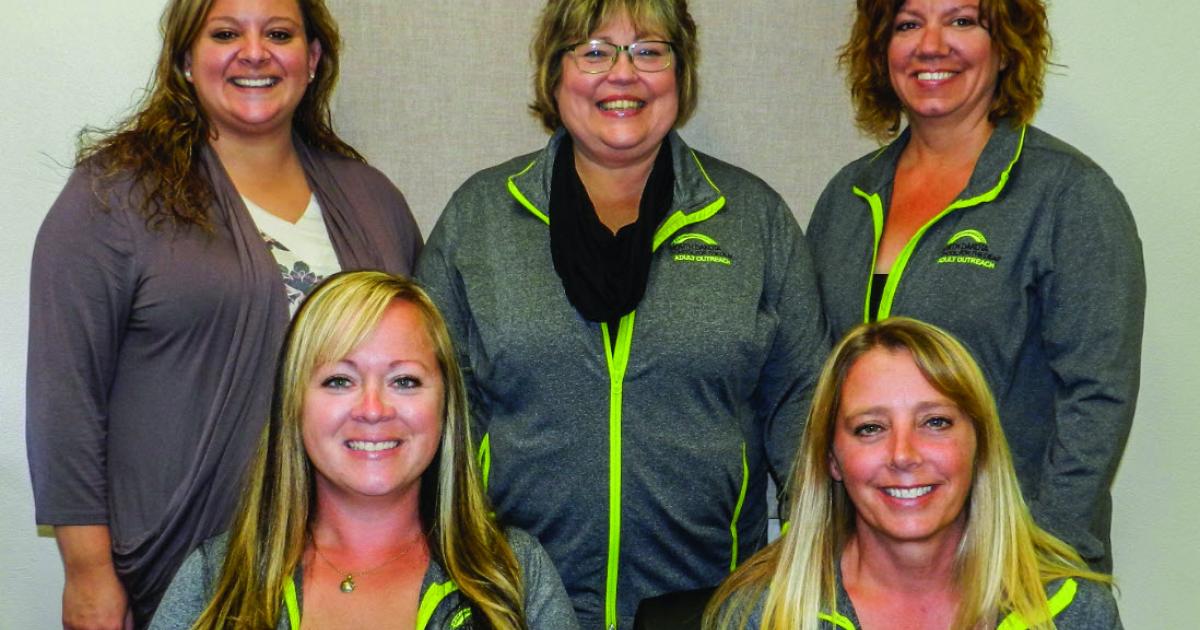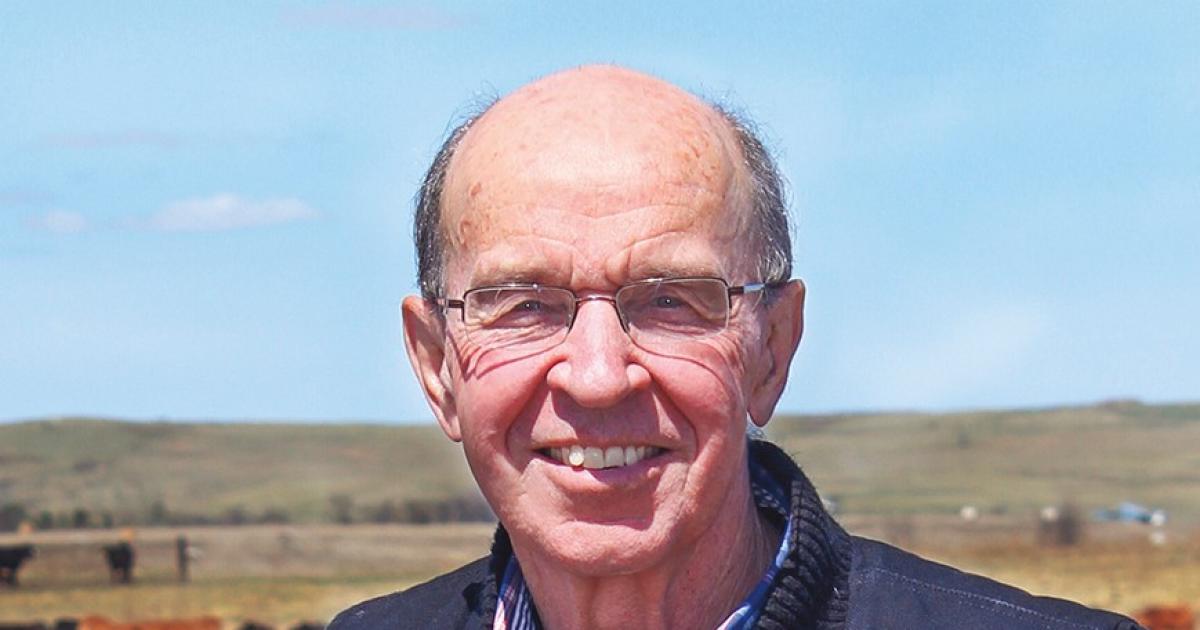Staff Report
Merely days after North Dakota’s 66th Legislative Assembly adjourned, leaders of North Dakota’s electric cooperatives traveled to Washington, D.C., to speak with federal officials about industry issues. It’s demonstrative of the organized cooperative effort, both nationally and locally, to provide advocacy at all levels of government on behalf of electric cooperative members.
Members of North Dakota’s electric cooperatives outside the U.S. Capitol during NRECA’s 2019 Legislative Conference. NDAREC PHOTO
N.D. legislative recap
The North Dakota Association of Rural Electric Cooperatives (NDAREC) coordinates statewide legislative efforts, monitoring activities of the Legislature and serving as the voice of electric cooperatives in the state Capitol halls. This session, NDAREC worked with legislators to deliver some key victories on behalf of cooperatives and their members:
• Crossing railroad property | HB 1362 – Establishes a uniform $750 crossing fee for crossing railroad property, gives railroads a 35-day window to object to an application before a utility can proceed with work, and prohibits railroads from charging for use of public right of way. Without this legislation, crossing of railroad property could lead to increased costs for customers and businesses and delays in the delivery or upgrade of services.
• Carbon dioxide in enhanced oil recovery | HB 1439 – Helps to overcome the economic and technical challenges unique to capturing and deploying carbon dioxide from coal power plants to oil fields. This legislation expands the viability of traditional oil fields, positioning carbon dioxide as an asset, not a liability.
• Distribution and transportation of food | SCR 4013 – Requests the Legislature to study the issue of distribution and transportation of food in rural areas. If selected, the study will explore opportunities to improve the stability of our rural grocery sector through collaboration and public-private partnerships.
• Net metering – This legislation would have been harmful to electric cooperatives and created inequity among co-op members. Essentially, net metering provides a subsidy to members who can afford a self-generating energy system, like solar panels, at a cost to other members, who pay a greater chunk of the electrical infrastructure costs.
Federal advocacy
Joining 2,000 electric cooperative leaders from across the nation, a contingent of North Dakota electric cooperative members met in Washington, D.C., April 28-30 for the National Rural Electric Cooperative Association (NRECA) Legislative Conference.
Attendees visited with federal officials about many issues facing electric cooperatives and their members. North Dakota cooperative members had the ear of their congressional delegation during meetings with Rep. Kelly Armstrong and Sens. John Hoeven and Kevin Cramer.
In their visits with federal officials, cooperative leaders discussed the importance of a safe, secure and reliable power supply and the need for policies that support carbon capture and storage investment. They advocated to protect against proposals that aim to sell the Power Marketing Administrations’ hydroelectric power and transmission assets. Cooperative leaders also shared knowledge with policymakers on the unique benefits of locally controlled, consumer-owned cooperatives, calling on lawmakers to support investments in rural infrastructure.
Successes at the state and federal level reflect the strength of the cooperative business model and its vast network of employees and member-owners. Over 800 lobbyists register with the N.D. secretary of state, and thousands register on the federal level, but the connection to the member back home is what gives NDAREC credibility with lawmakers, says Zachary Smith, communications and government relations director.


